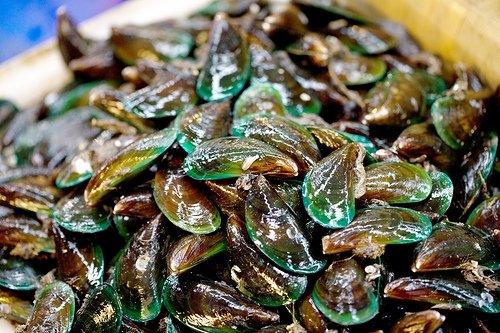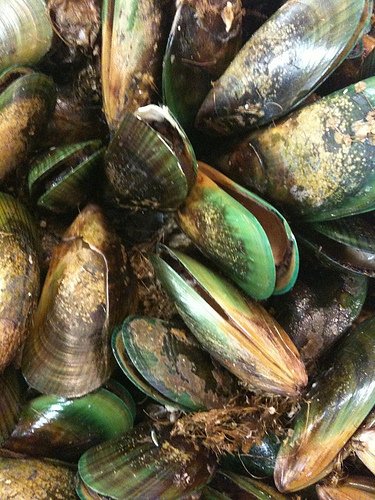Mussels are perhaps one of the most popular types of seafood you can find in any supermarket. Apart from being widely available, mussels are a popular appetizer or entrée. They just make any meal look tastier, more special!
Just like most kinds of shellfish, mussels are best eaten immediately. But can you freeze mussels? In case you got too many mussels in your hand, you can freeze fresh and cooked mussels.
That said, most chefs and seafood experts say that freezing seafood is not the best way to store the shellfish. The fact is, mussels should be kept for no more than a day. The risk of flavor or texture changes is high if shellfish is stored in the freezer for a long time.

The key to preventing flavor or texture change is to prep the mussels properly. For one thing, you need to protect live or cooked shellfish from contamination. This goes especially for live mussels. Contamination could lead to bacterial growth. Eating contaminated mussels will lead to an excruciating trip to the ER.
When kept in the fridge, fresh mussels will keep for 2 to 3 days. But when kept in the freezer, frozen fresh mussels could keep for 4 months or so. We recommend consuming the mussels quickly for optimal flavor.
Below is a step by step guide on how can you freeze mussels.

How to Freeze Mussels?
If say, you are freezing live or fresh mussels, you have to clean the shellfish first under running water. Start by sorting out dead mussels from the mix. Remove those with broken shells or mussels that are unnaturally light. Live muscles often close their shell tightly when touched.
Get a bowl of clean water and place the shellfish inside. Using a steel brush, scrub the grits off the shells. Then with a knife or scissors, cut the tough fibers that mussels use to attach themselves to rocks. Do note that de-bearing the mussels will kill them so once prep is done, you need to freeze them immediately.

Drain the muscles and rinse again under running water. Once the mussels are clean, you’re ready to pack them for freezing. Use a resealable, heavy-duty plastic bag to store the shellfish for freezing. Just place the shellfish inside, squeeze out as much air as you could then write the storage date. Stick in the freezer and you’re done. Do note that freezing live mussels will kill the shellfish.
If say, you’d like to cook the mussels first prior to freezing, prep the shellfish by cleaning them. Refer to the first few instruction on how to clean the muscles above. Once the mussels are clean, pour them in a large pot and boil for 3 minutes. Stir the mussels occasionally as they cook. The mussels should open their shells, discard those that did not open their shell after boiling.
After boiling the mussels, drain the water (keep the broth for cooking!) and leave the shellfish to cool at room temperature. Once cooled, you have to remove the shells one by one. When the mussels are de-shelled, get a rigid plastic container with an airtight lid or a resealable plastic bag and place the mussels inside. Label the bag with the storage date and stick in the freezer.

How to Defrost Frozen Mussels?
To thaw frozen mussels, simply transfer the container from the freezer to the fridge. Leave the mussels to thaw overnight. It’s important to let the seafood thaw slowly to reduce flavor or texture changes.
Defrosted mussels could keep fresh in the fridge within 2 days so cook them immediately and never re-freeze. Thawed (live) mussels should have a distinct oceanic smell. If the mussels smell funky, it’s a sign that they’ve gone bad.
Once the mussels have been defrosted completely, you can use them for cooking.
Summary
Mussels are such versatile seafood and freezing them for long-term storage ensures that you’ll always have this popular shellfish ready. Now that you know how can you freeze mussels properly, go ahead and store your leftovers for future uses.